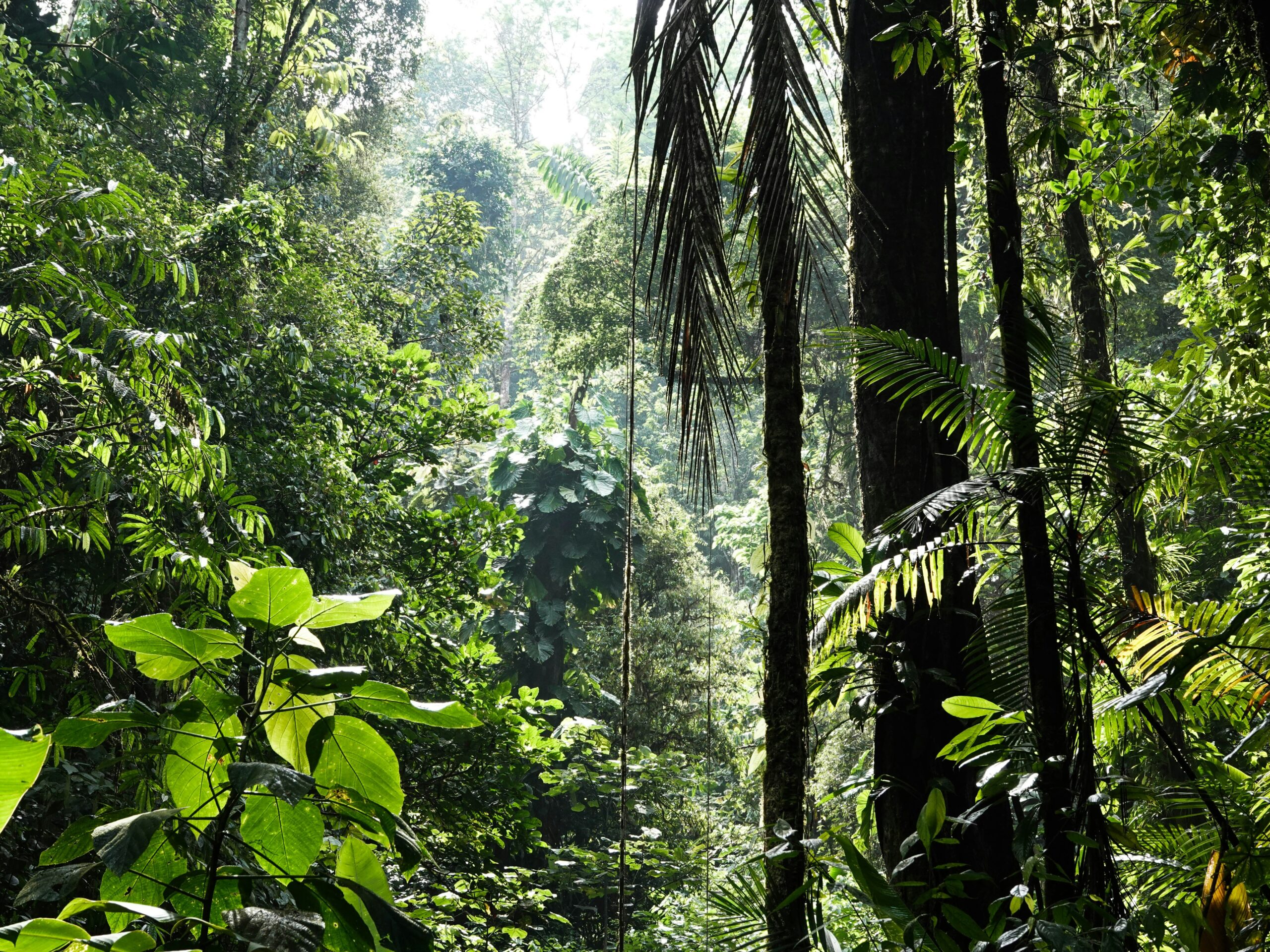The Importance of Biodiversity in Coral Reefs
The Importance of Biodiversity in Coral Reefs
Coral reefs are among the most diverse and productive ecosystems on our planet. They are home to a wide variety of marine fauna and flora, making them vital for the survival and well-being of countless species. Biodiversity plays a crucial role in the health and resilience of coral reefs, as it helps protect endangered marine life and maintains the delicate balance of these ecosystems.
Protecting Endangered Marine Fauna
One of the key roles of biodiversity in coral reefs is the protection of endangered marine fauna. Coral reefs provide a habitat for numerous species, including fish, crustaceans, mollusks, and many others. These organisms rely on the reef’s complex structure and the availability of food sources within it.
The presence of a diverse range of species ensures that there is a balance in the ecosystem. Predators keep the population of prey species in check, preventing overpopulation and maintaining the overall health of the reef. Additionally, certain species, known as keystone species, play a critical role in maintaining the balance of the ecosystem. For example, parrotfish help control algae growth on the reef, preventing it from smothering the corals and allowing them to thrive.
When biodiversity is compromised, such as through habitat destruction or overfishing, the delicate balance of the coral reef ecosystem is disrupted. This can lead to a decline in populations of certain species, including those that are already endangered. By protecting biodiversity in coral reefs, we can help safeguard these endangered marine fauna and ensure their long-term survival.
Preserving Flora and the Coral Reef Ecosystem
Biodiversity is not only important for the protection of marine fauna but also for the preservation of flora and the overall coral reef ecosystem. Coral reefs are made up of thousands of different species of corals, each with its own unique role in the ecosystem.
Corals are not just beautiful structures; they are living organisms that provide shelter, food, and breeding grounds for countless other species. Corals have a symbiotic relationship with tiny algae called zooxanthellae, which live within their tissues. These algae provide corals with energy through photosynthesis, while the corals provide a protected environment for the algae to thrive. This mutual relationship is crucial for the survival of both the corals and the algae.
When the biodiversity of corals is reduced, the entire reef ecosystem suffers. Coral bleaching, a phenomenon caused by environmental stressors such as rising water temperatures, can result in the loss of the symbiotic algae. This leads to the bleaching and eventual death of the corals, which has a cascading effect on the entire ecosystem. Without the corals, many other species lose their habitat and food source, resulting in a decline in biodiversity.
By protecting the biodiversity of coral reefs, we can help preserve the delicate balance of the ecosystem and ensure the survival of both the corals and the countless other species that depend on them.
Conclusion
Biodiversity plays a vital role in coral reefs, protecting endangered marine fauna and flora. By maintaining a diverse range of species, we can help ensure the health and resilience of these fragile ecosystems. Protecting biodiversity in coral reefs is not only important for the survival of endangered species but also for the preservation of the entire reef ecosystem. Through conservation efforts and sustainable practices, we can safeguard the future of coral reefs and the countless species that call them home.
